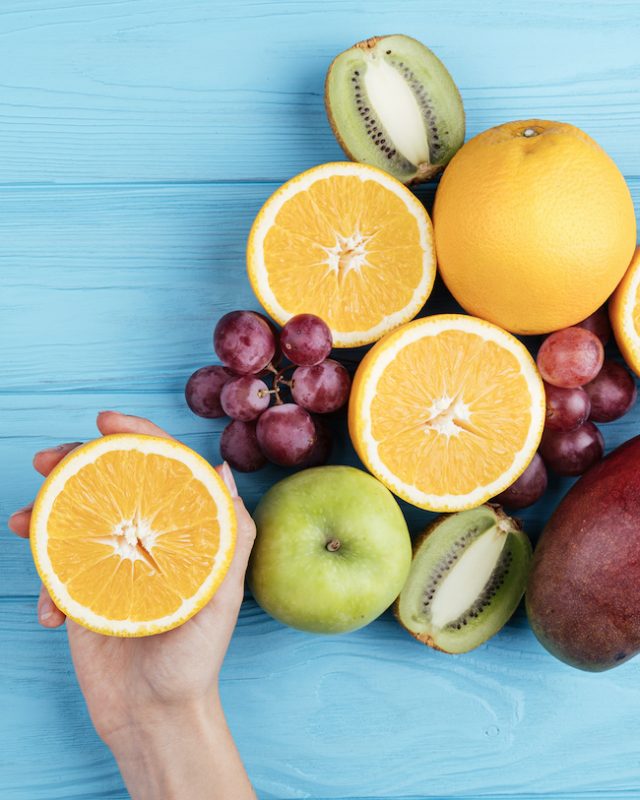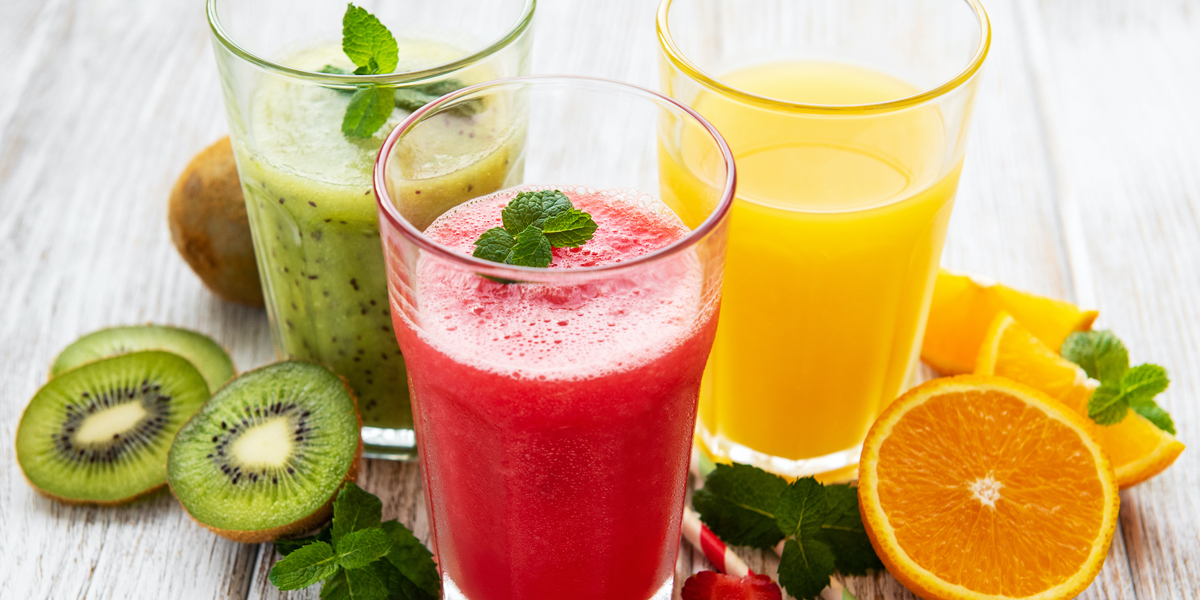The advantages of including Vitamin C in your diet has been extolled by doctors and nutrition experts the world over. A form of soluble ascorbic acid, Vitamin C plays a vital role in many of the body’s functions, amongst them the formation of bones, cartilage, blood vessels and other important tissues.
Vitamin C is chock full of health benefits too, such as boosting the immune system and lowering the blood pressure. With so much goodness surrounding this essential nutrient, you’ll be remiss not to get your daily dose to ensure overall wellbeing.
From the best sources of Vitamin C to signs you’re not getting enough of the nutrient, here are five things you must know about Vitamin C.
The human body can’t produce Vitamin C
Here’s the unfortunate news: Humans are unable to produce the vitamin on our own. That’s because our bodies lack an enzyme that is crucial in the production process, thus rendering us reliant on other sources for our Vitamin C intake. Oh, the water-soluble nature of Vitamin C means we can’t store it too, which makes your daily intake all the more important.
It’s more than just oranges
The orange has become the poster child for Vitamin C. And rightly so—easy to eat and available just about everywhere, the brightly coloured fruit is a Vitamin C stalwart. In general, citrus fruits such as grapefruits, kiwis and lemons come packed with Vitamin C goodness. However, there are plenty of other Vitamin C sources too. Switch things up with strawberries, pineapples, watermelons, kale, sweet potatoes, green peppers, spinach and broccoli—these make fantastic additions to your diet.

Vitamin C brings out the best in you—literally
Besides strengthening the body’s defences and immune system, Vitamin C also helps other nutrients do their job. For example, Vitamin C has been proven to improve the body’s absorption of iron—a beneficial process that goes a long way in preventing the risk of iron deficiency.
Want glowing skin and lustrous hair?
Then make sure your body has enough Vitamin C. It aids the development of protein collagen, in turn resulting in healthier skin and hair. Moreover, Vitamin C boasts strong antioxidant properties—you might want to bear that in mind for your anti-aging efforts.
Learn to read the signs
It’s easy to meet your daily requirements for Vitamin C. After all, an adult’s recommended intake is between 65 to 90 milligrams (that’s roughly one orange a day). While generally rare, Vitamin C deficiency can happen, too. The risk factors that may lead to a nutrient shortage include poor diet habits, alcoholism, and anorexia. Dry skin, easy bruising, weak joints, and bleeding gums are some symptoms of Vitamin C deficiency.


